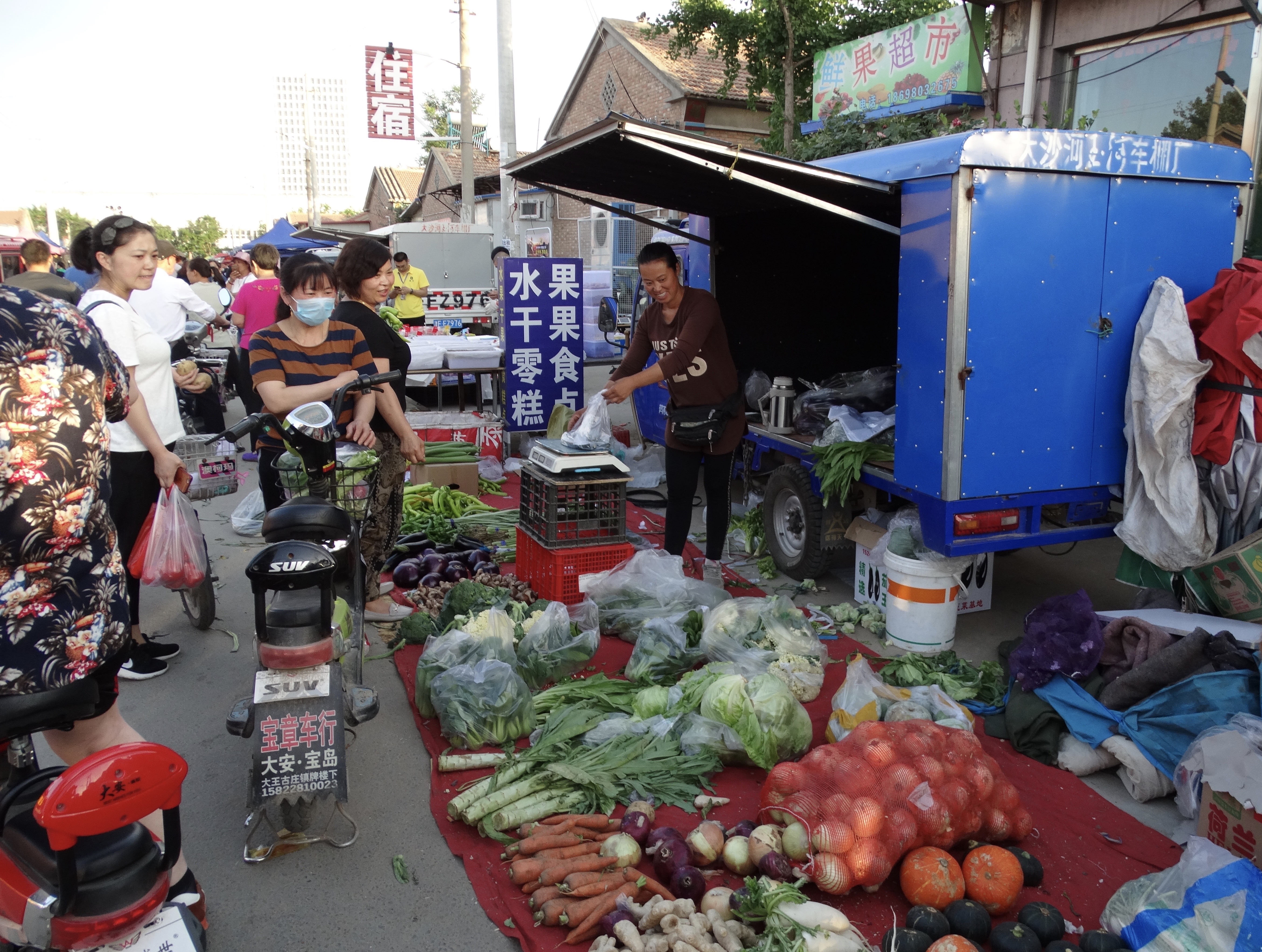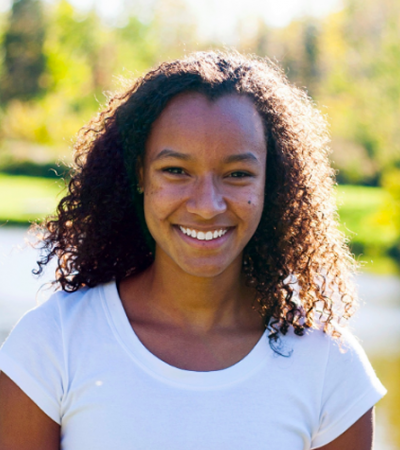The Language of Disability: Investigating the Chinese Language and Treatment of those with Disabilities
Experiencing the World Fellowships
Adviser: Weibing Ye
Final Report:

Prior to this summer, I had been in an airport on my own one other time—my high school prospective visit to Notre Dame, a trip that took me from one midwestern state to another. Needless to say, come departure day I was pretty apprehensive about the 20-hour journey ahead of me, which led to a country on the opposite face of the globe. On the flight itself, I could not help but let feelings of pure excitement take over as I neared the Beijing airport and finally touched ground on the land I had been so bent on travelling to since my early teenage years. There had been times that I regretted not being able to travel to China earlier on in my life, but in retrospect I am thankful that this summer was my first experience in China—one that I was supported in and encouraged to design myself.
Only this path led me to my internship in the medical department at Shepherd’s Field Children’s Village (SFCV), which has also served as my introduction to the whole-hearted and giving nature of the Philip Hayden Foundation. The organization is dedicated to serving kids and young adults with disabilities, providing resources to advance the lives of those who ordinarily face societal neglect. Here, I often ran into the question, “So, how did you find out about this place?” My short answer, “Google,” while one hundred percent true, does not even begin to account for the amount of time and energy that actually went into searching for the embodiment of an experience I had imagined in my head.
Through my classes, I have been inspired to learn more about developmental anomalies, Chinese language and culture, and ultimately methods of healthcare around the world. Almost a year ago today, these passions seemed to be a jumble of interests that I was desperately hoping to consolidate into one digestible experience. I wanted to dive into the medical scene, experience a culture different from my own, and pursue my passion for language learning all at once.
One of the most rewarding aspects of my Experiencing the World Fellowship has been coming to realize that finding a valuable learning experience and forming new connections is not about meticulously checking off specific interest checkboxes. While the formation of my field project necessitated thoughtful planning and careful consideration of various academic and logistic factors, I found that the key to bringing it all together was simply approaching a real-world phenomenon that is meaningful to me in a way that I find natural. Ultimately, I used the study of language as an avenue for understanding the situation of people living with disabilities in China.
My intention was to record interviews with several staff members of the foundation, both those coming from Chinese and American backgrounds. The mixing of these two perspectives was fundamental to my larger scale project studying the relationship between languages (Chinese and English) and societal perception of those with disabilities. I would analyze voice recordings for individual word usage and contextual information to draw relationships between language and societal ideology (take for example the relationship between the decreased usage of “retarded” and increasing support provided for those with neurocognitive disorders.)
Upon arrival, I was thrilled to find the cultural fusion I had imagined: a team of people from opposite sides of the world united to support and advocate for a precious yet vulnerable population. It is a truly special environment I will always remember. However, as is often the case with research and project proposals, each piece of the plan did not fall perfectly into place. Sparing the details surrounding every divergence from my original plan, my final experience took on the following sequential framework:
1) Interning at SFCV while conducting recorded interviews with a few American staff members
2) Studying in the Notre Dame Chinese language program outside of my fellowship
3) Returning to SFCV and non recorded interviews with Chinese speaking staff members
In the end, the formal results of my project consisted of far fewer recordings than I had anticipated. In the theoretical drafting of consent forms and interview outlines, I seemed to have overlooked the reality of the difficulty involved in participant recruitment. Many of the Chinese-only speakers I approached simply did not feel comfortable being voice recorded. These experiences not only enhanced my understanding of project design, but also allowed me to fully absorb the private discussions we did have, encouraging me to take them as an opportunity for establishing my own grounds for growth. Even if I am unable to share the exact words they shared with me, or have the recorded dialogues stored in a file somewhere on my hard drive, I have stored them as my own memories that I know will continue to shape my mindset and future path. These are pieces of my constantly evolving world perspective, a perspective that I seek to develop in the hope of giving back to the very people who have shaped me and reaching out to the people I learn about along the way.
As my first big step in this journey, my experience in China has brought to the front of my mind a phenomenon I believe applies to regions across the globe. A simple sentence that appeared in my Chinese textbook more than a few times roughly translates to: “Americans often use their own standards to criticize other countries.” After committing this phrase to memory for the pure sake of language learning, I also found the idea infiltrating experiences I had through my internship and investigative project. I began to wonder: to what degree is the negative connotation of this statement validated? Was I—though not exactly a white man myself—also guilty of the so called “white man’s burden” mindset every time I accompanied a child to the local hospital and could not help but think about how inefficient it seemed in comparison to the ones I am used to in my “developed” home country? While there is certainly nothing wrong with striving to find the best system possible, I was reminded of the danger in accepting one routine method as “correct” and seeking to institute it across every cultural context without careful consideration.
These sorts of realizations and countless valuable experiences characterized my experience of the world this summer. I am returning with a changed and still growing understanding of Chinese language and culture, as well as a special appreciation for the relationship between Chinese and American culture. I am grateful for the opportunity this fellowship has given me to explore my interests in the field, and look forward to developing my understanding further.






